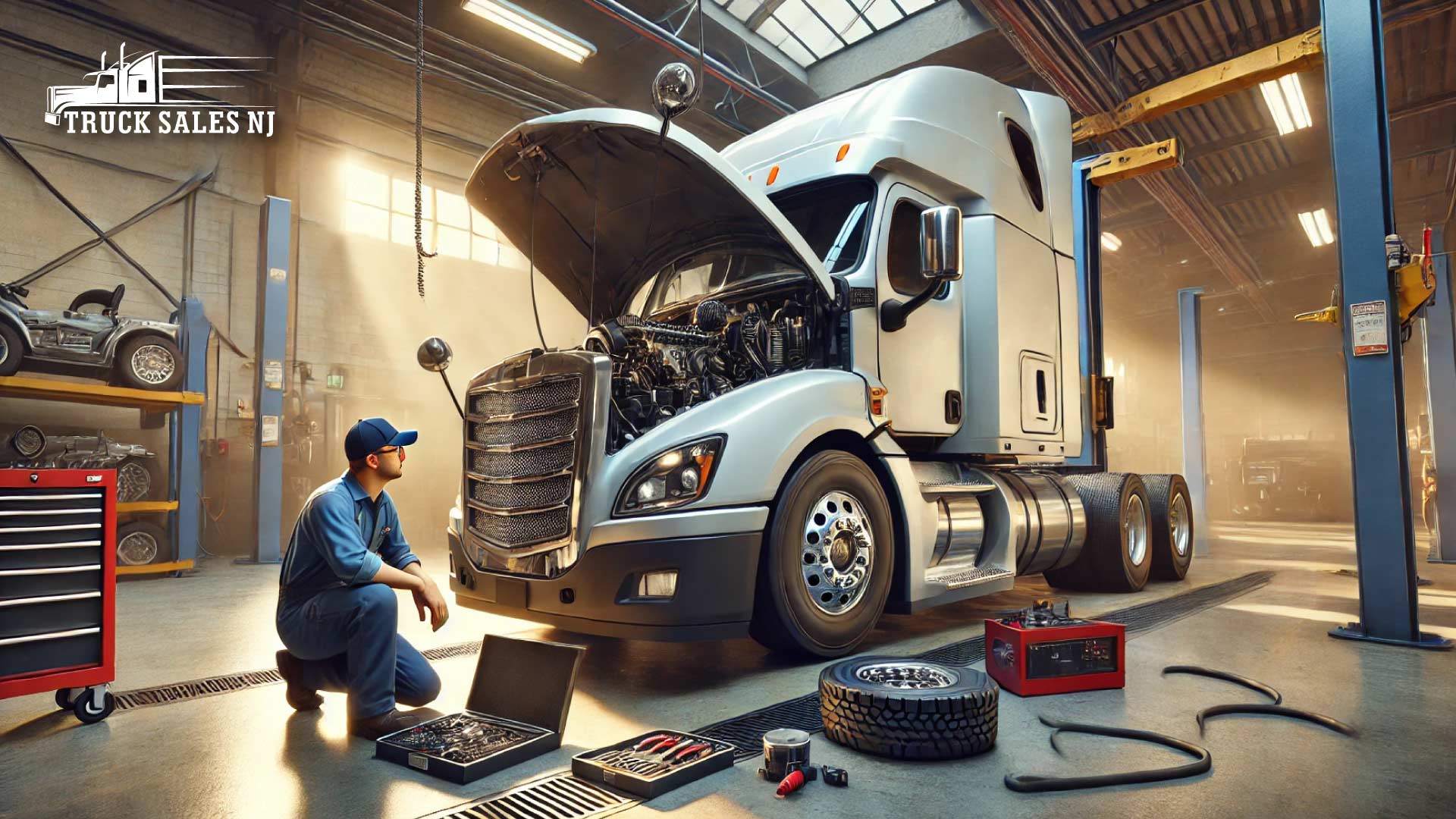In the world of trucking, efficiency is not just about reaching the destination; it’s about doing so in the most cost-effective and environmentally friendly way possible. One key aspect of achieving this efficiency is optimizing your truck’s fuel economy. This blog post explores practical tips and strategies to help truck drivers enhance fuel efficiency, reduce costs, and make a positive impact on the road.
1. Mindful Driving Habits:
Efficient driving starts with habits that prioritize fuel conservation. Simple adjustments, such as gradual acceleration and deceleration, maintaining a steady speed, and avoiding aggressive driving, can significantly impact fuel efficiency. By adopting a mindful approach to driving, truckers can stretch their fuel mileage and reduce unnecessary consumption.
2. Proper Vehicle Maintenance:
A well-maintained truck operates more efficiently. Regular engine maintenance, including timely oil changes, air filter replacements, and fuel system checks, ensures that the engine functions optimally. Additionally, properly inflated tires, aligned wheels, and well-maintained brakes contribute to reducing friction and enhancing fuel efficiency.
3. Weight Management:
Carrying excess weight puts additional strain on the engine, leading to increased fuel consumption. Efficient cargo management, including removing unnecessary items and optimizing load distribution, helps maintain an optimal weight balance for the truck. This not only improves fuel efficiency but also extends the lifespan of key components.
4. Utilizing Cruise Control:
Cruise control is a valuable tool for maintaining a consistent speed on long stretches of highway. By preventing unnecessary speed fluctuations, cruise control promotes fuel efficiency. Drivers can use this feature strategically, especially on flat terrains, to achieve a smoother and more economical ride.
5. Route Planning and Optimization:
Planning the most efficient routes can save both time and fuel. Advanced technologies and route optimization tools help truckers avoid congested areas, reduce idle time, and choose paths with favorable traffic conditions. Smart route planning contributes to smoother journeys, lower fuel consumption, and improved overall efficiency.
6. Smart Idling Practices:
Idling consumes fuel without contributing to the truck’s movement. Minimizing unnecessary idling by shutting off the engine during extended stops can significantly conserve fuel. Advanced technologies, such as automatic engine shutdown systems, can aid drivers in managing idling more efficiently.
Efficiency on the road is not just a goal; it’s a strategy that can positively impact a trucker’s bottom line and contribute to a greener, more sustainable future. By adopting mindful driving habits, prioritizing vehicle maintenance, managing weight, utilizing technology, and implementing smart idling practices, truck drivers can optimize their trucks’ fuel economy. This not only enhances efficiency but also positions them as stewards of responsible and sustainable transportation practices on the open road.













